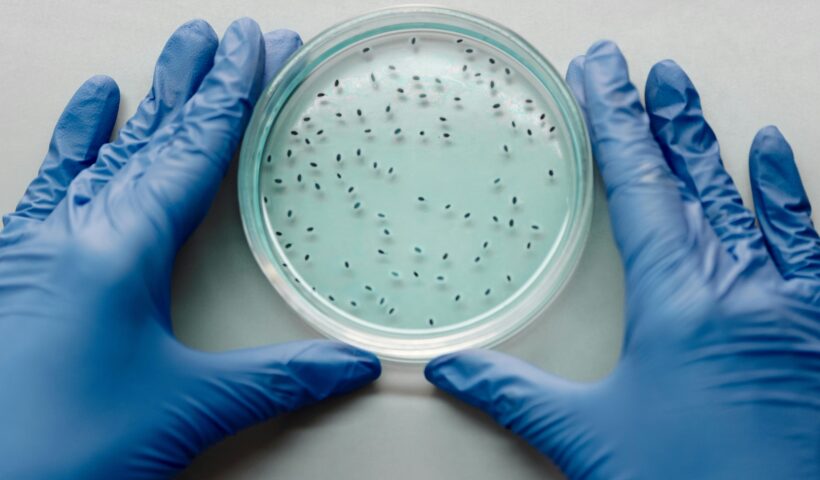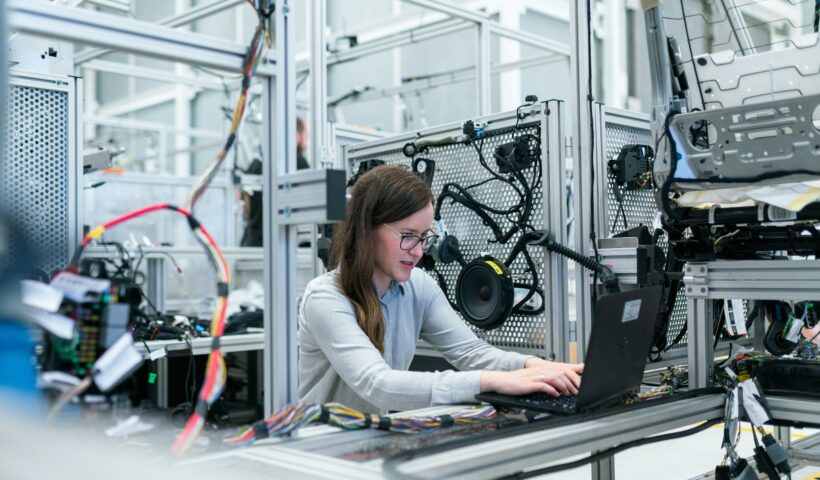Women have historically been underrepresented in Phase I and II clinical trials, including areas of research such as Alzheimer’s and autoimmune diseases in which women are more affected. This results in drugs being tailored for men, which leads to a higher rate of women experiencing adverse effects of these drugs than men. Medical testing needs to involve women at every stage to prevent these inequalities from occurring and to prioritize women’s health.
View More Sex-Based Bias in Medical Research is DangerousCategory: Semester
Alabama Supreme Court Puts IVF at Risk
Last month, the Alabama Supreme Court granted personhood to in vitro embryos. This had a disastrous impact, as it allowed medical professionals to be criminally charged for damage or destruction of embryos during the IVF process. Although Alabama legislators were quick to pass laws protecting medical professionals, the precedent has left an unstable future for the rights and autonomy of IVF patients.
View More Alabama Supreme Court Puts IVF at RiskIs This The End of Section 230?
The debate over social media companies’ right to control the content that users see has reached a tipping point. A bipartisan collection of lawmakers has taken aim at a decades-old law, Section 230, which has provided legal protections as these companies have come to dominate the technology sector.
View More Is This The End of Section 230?Rising Tensions in Low Earth Orbit
Recent intelligence suggests that Russia is developing a space-based nuclear weapon designed to attack America’s extensive satellite network. While details are unknown, the weapon is believed to target United States military surveillance and commercial communications satellites. However, there is no immediate threat to the public, as Russia cannot deploy a nuclear weapon in space without breaking an international treaty and damaging all the satellites in low Earth orbit, including their own. Despite the uncertainty surrounding the development, one thing is becoming clear: space may serve as an international battleground in the near future.
View More Rising Tensions in Low Earth OrbitHistory’s Forgotten Women in STEM
February 11 was the UN’s International Day of Women and Girls in Science. Today, women comprise only approximately 28 percent of the world’s STEM workforce. Historically, women have been barred from pursuing careers in science, and those passionate enough to do so anyway were often overlooked and ignored in favor of their male counterparts. This article shines a light on some of the forgotten women who achieved significant breakthroughs in their field.
View More History’s Forgotten Women in STEMUT Austin Engineers Tackle Water Scarcity
Water scarcity is an issue that impacts people all around the world. Thankfully, engineers at the University of Texas have created a device to combat it. They created a bio-based nanofiber hydrogel filter (BNHF) that is cheap, accessible, and has the potential to bring clean water to people all over the world.
View More UT Austin Engineers Tackle Water ScarcityThe Legacy of NASA’s Ingenuity
After three successful years, the Mars helicopter Ingenuity has just taken its last flight. During a landing, a brief loss of communication with the chopper occurred, only for the vehicle to resume communications the next day with a damaged rotor blade. Being the first helicopter to operate on another planet, Ingenuity is a trailblazer in more ways than one. However, budgetary constraints leave the future of additional Marscopter missions up in the air.
View More The Legacy of NASA’s IngenuityGreat Stakes in the Great Lakes: Anthropocentrism and Biocentrism in Culling Asian Carp
Asian carp are an invasive species that have dramatically damaged US waterways. Environmentalists are scrambling to find solutions to prevent the devastation that may ensue as the carp encroach upon the Great Lakes. However, current solutions to maintain these ecosystems are inherently unethical. Human response to the carp invasion reveals how ecological decision making influenced by human-centric environmentalist ethics is unsuitable when dealing with man-made problems. Instead, humans must consider what ethical obligations they have to protect the environment and repair damage done to the US waterway system.
View More Great Stakes in the Great Lakes: Anthropocentrism and Biocentrism in Culling Asian CarpHostile Architecture: The Ethical Problem of Design as a Means of Exclusion
From uncomfortable park benches to unnavigable sidewalks, hostile architecture has emerged worldwide to exclude unhoused individuals from public spaces. Hostile architecture goes against the principles of engineering a communal space. Yet, it persists because it subtly banishes unhoused people from the eyes and minds of communities that fear or are ashamed of them. However, the practice is unethical towards the unhoused and those in the community who experience limited mobility. Ultimately, hostile architecture has never been a sustainable method for solving homelessness, and its use is rooted in harmful bias against unhoused people.
View More Hostile Architecture: The Ethical Problem of Design as a Means of ExclusionAn Ethical Exploration of Automating the Trucking Industry
In recent years, a shortage of commercial transport drivers has resulted in an inability to meet increasing demand. A proposed solution for combating this bottleneck is to automate long-haul trucks through sophisticated AI techniques. Through automation, this shortage can be resolved. Unfortunately, although there are too few truckers on the road, it remains one of the most common professions for Americans today. Thus, by embracing this technology, there is a risk of forcing a substantial portion of the population out of work. Would pursuing automated trucking be an ethical decision? Inversely, would it be unethical to disallow automation? Through various lenses, this paper will dive into this dilemma and determine the best path forward.
View More An Ethical Exploration of Automating the Trucking Industry









